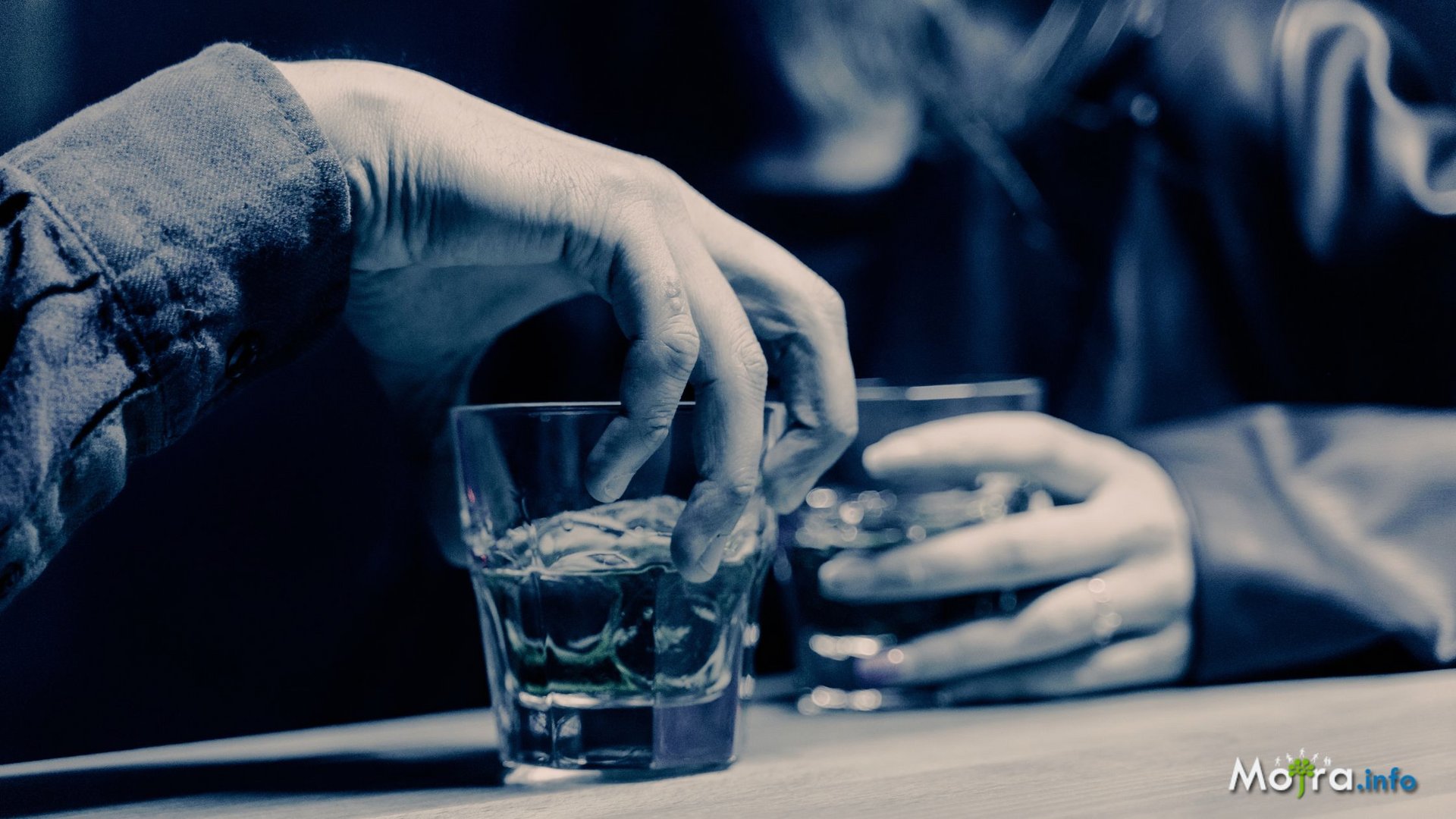To
begin with, let's briefly explain what alcohol is and how alcohol addiction
develops.
Alcohol
is a dangerous substance, and it has the highest number of addicts among all
addictive substances.
The danger of alcohol lies, among other things, in the fact that in the Czech
Republic and Slovakia, it is associated with various social events, such as
birthdays, weddings, Christmas, New Year, and so on. All these factors
contribute to our tendency to perceive alcohol as something normal, associated
with celebration, pleasant gatherings with friends and family, or celebrating
life's successes. The problem with alcohol is that it is an addictive
substance, and some people have an increased predisposition to become dependent
on it. The earlier a child/young person tastes alcohol, the more alcohol they
consume, and the more pleasant experiences they have with alcohol, the greater
the likelihood that even in the face of life's problems, they will turn to
alcohol and have a higher chance of becoming addicted to it. In addition to the
factors mentioned, personality traits and genetics are also important in the
development of addiction. However, even without a genetic predisposition - a
family history of alcoholism, upbringing - if a person regularly seeks out
alcohol, they can become dependent on it as a part of family and social events.
How can I tell if my partner has a problem with alcohol?
A problem with alcohol arises when it no longer serves as a harmless means of relaxation, but when it becomes a necessity. In other words, when your partner needs alcohol more frequently and gets irritable when they don't have it, they may resort to lying and secret drinking. The person with a dependency minimizes their drinking and makes excuses for it. They often blame their partner, who starts to realize that there's an issue with alcohol. Over time, drinking becomes more frequent, and there are periods when the dependent partner alternates between drinking and not drinking. The alcoholic's behavior and personality change; they may become depressed, withdrawn, sometimes even aggressive, and they limit their social contacts. This leads to what is known as alcohol-centered behavior, where their entire life revolves around obtaining alcohol, drinking, and neglecting friends, work, and family. This transformation takes a certain amount of time, usually months to years of active alcohol consumption.
How can I help a dependent partner?
Alcoholism is a disease that requires adequate treatment. It doesn't disappear on its own, and the alcoholic can't quit drinking by themselves. It's a disease that also causes changes in the brain. Drinking alcohol activates the brain's reward center, and when alcohol is withdrawn, there's a strong craving for it. Additionally, alcohol and other drug addictions are lifelong illnesses that can't be completely cured, but abstinence is possible, meaning giving up alcohol completely. There is also the possibility of controlled drinking, but only a very small percentage of addicts can achieve that, and most of them eventually return to drinking.
Because alcoholism is such a severe and incurable
disease, inpatient treatment in a psychiatric hospital focused on addiction
treatment is necessary. Completing the treatment alone doesn't guarantee
success unless the alcoholic is committed to quitting drinking and is ready to
change their lifestyle to one of abstinence. Support from family and friends,
especially from the partner, is very important during such a significant life
change. Some psychiatric hospitals offer family therapy, which is advisable to
complete so that the partner of the alcoholic can understand what alcoholism is
and be supportive in their abstinence. A dry household is crucial, meaning
there should be no alcohol at home, and family gatherings should be
alcohol-free, at least during the initial stages of abstinence, as the mere
sight or smell of alcohol can lead to a strong craving that the dependent
person may not be able to resist and could lead them back to alcohol.
Even after completing treatment, it's important to
continue recovery, ideally by attending meetings of Recovering Alcoholics,
which take place in most larger cities. These meetings bring together long-term
recovering alcoholics with newcomers and can serve as an example to them. These
clubs can be attended by both the dependent individuals and their partners and
often organize celebrations without alcohol, which can be very supportive for a
newcomer in recovery, as they can meet people who abstain from alcohol and
still enjoy life.
Having a partner who is an alcoholic is a very challenging situation. If you love your partner, it's essential to realize that, regardless of how strong your love is, I have not encountered a situation where someone has remained abstinent in the long term because of their partner or children. Usually, these are only short-lived attempts at sobriety because addiction is not just a craving for alcohol but a serious illness. Furthermore, alcohol is available in all kinds of foods. If you genuinely want to help your addicted partner, support them in seeking treatment and help them change your household's lifestyle to be alcohol-free. Without sufficient motivation, the support of loved ones, and determination, addiction will almost always have the upper hand in the long run.





























Enter your comment.